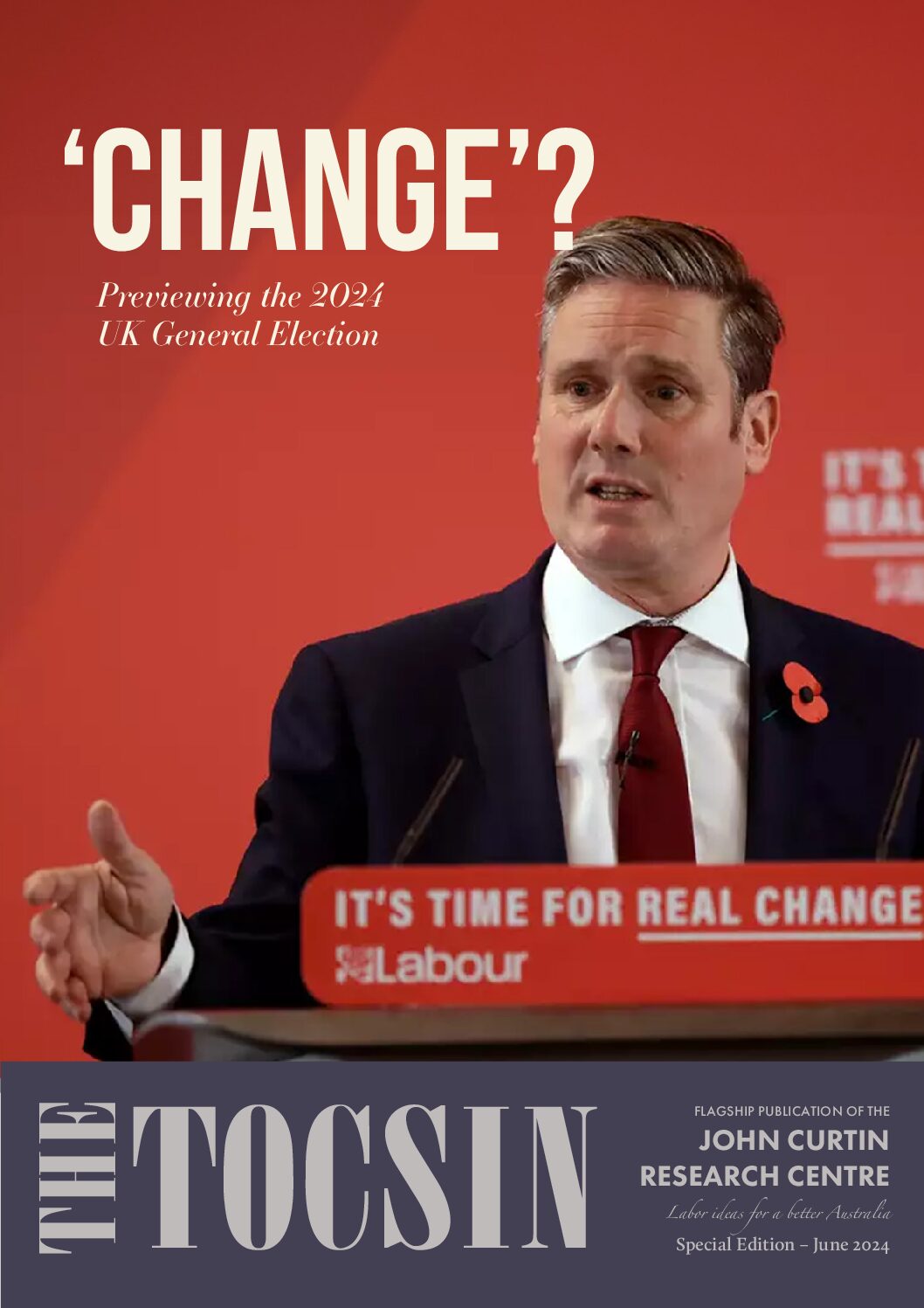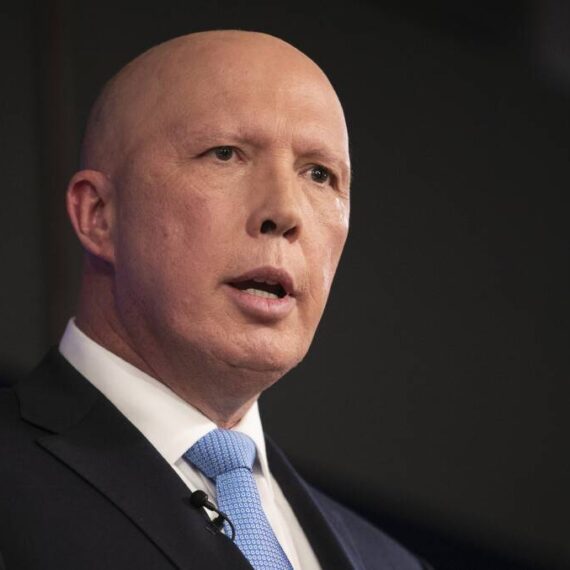The federal Labor government recently announced, via a press release from Immigration Minister Andrew Giles and others, a new policy touting how “Backpackers [would] lend a hand in natural disaster recovery”, focusing on Queensland. It comes after the wettest tropical cyclone in Australia’s history crossed the Far North Queensland coast last December. This entails a well-meaning but deeply misguided program to rely on backpackers to backfill the workforce for climate and natural disaster recovery.
The policy itself is quite limited: it allows “Working Holiday Makers” on ‘WHM visas’ to extend their visas a second or third time if they volunteer on cyclone or storm surge disaster responses rather than just floods and bushfires as originally constituted. The rule change itself is not the problem. The problem is that the government seems to think that this constitutes some kind of significant reform to emergency management. Indeed, it flies in the face of Prime Minister Anthony Albanese recent comments suggesting that he is considering the possibility of setting up a reserve force to respond to natural disasters, whilst flagging that the Australian Defence Force would still have a role to play.
Let’s be clear: backpackers are not reliable sources of labour – it’s great if they want to contribute in order to get paid while on holiday, but we cannot have backpackers as the backbone of our disaster recovery system. It may come as a huge surprise, but massive climate disasters are not good tourist draw-cards. In other words, demand and supply are inversely correlated. When you need them most, that’s when they’ll be hardest to find, and when everything is going well, that’s when backpackers will be in abundance. They’re not disaster responders. And surely, even in a time of relatively low unemployment, there are Australian citizens and residents who could be called upon?
Nor do backpackers have any of the training required to respond to climate disasters. What we need is a system that guarantees a surge workforce with basic training in the wide variety of skills that climate disasters call for, and who are available to be called upon on demand in a way that central authorities can efficiently manage. Ideally, they should have ties to the local community so that when they’re being asked to help, it’s about helping their mates and neighbours, not fulfilling a visa requirement.
Rather, what Australia needs is not a semi-useful, youthful ‘Dad’s Army’ of backpackers but a dedicated, well-trained and properly-funded disaster reserves force that can respond when needed. The advantages of such a force are manifold. Paid training for reservists could act as a limited form of job guarantee and create a workforce of full-time, well-paid and securely-employed trainers and mentors (as US President Joe Biden is on the record as saying, “When I think climate, I think jobs — good-paying jobs, union jobs”) – and the sort of new industry this country sorely needs. It would break down silos of inequality, particularly for young people, who might be unemployed, underemployed or studying, and older workers retraining or looking for new jobs, as well as first nations peoples and new migrants, forging bonds across different socio-economic and different ethnic populations. It would help build social capital in regional, rural and remote communities. A disaster reserves would ensure that Australia had a population with basic skills that could be counted on in a crisis.
Climate change is too big a problem to be solved by backpackers. If we want to be remotely serious about climate action, we need to treat it seriously policy-wise. And we need a solution that is sustainable and actionable. In fact, dealing with climate and natural disasters more effectively is part of the cost-of-living crisis – food prices especially are devastated when farmland is flooded or destroyed. Getting those communities back to production as quickly as possible should be an essential part of our economic security. We need a sovereign capability, not a Brit, or any foreign national, hoping to extend their holiday.
This policy, a rare federal government misstep in what has otherwise been an energetic and successful start to 2024, should be sent packing.
Nick is the Executive Director of the John Curtin Research Centre.





